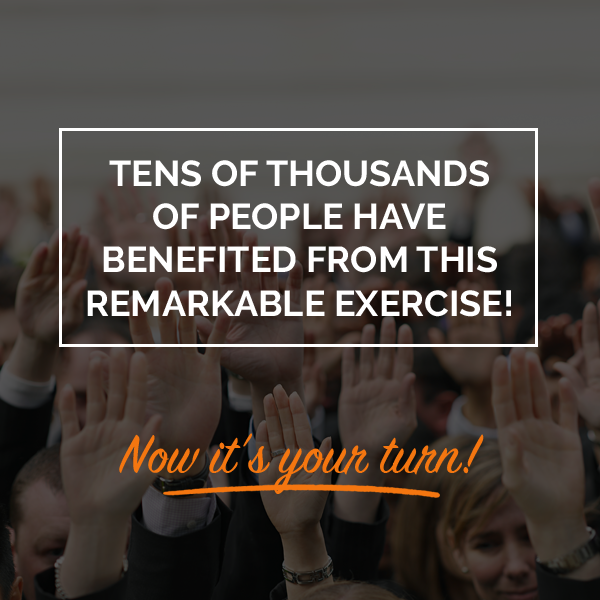When you are considering any kind of professional help or assistance, you need to be cognisant of the fact that those with a hammer tend to think that everything is a nail. What do I mean by that? A high percentage of professionals, and an even higher percentage of pseudo professionals, really think, believe, and advocate, that their way is the best way forward for you. Thankfully I disagree with that kind of thinking or approach. So lets take a look at my perspective on the benefits, and the differentiation, between coaches and mentors.
100 Hand-Picked HOT Amazon Product Opportunities + 4 Step-by-Step Training Videos All FREE!
Firstly, we need to acknowledge there are 2 different skill sets here - completely different approaches with very different outcomes. This acknowledgement is important, because both will bring very different tools and perspectives into your life.
A Mentor generally has the knowledge, information, and the experience, a client/professional requires to help them along a particular pathway to further develop and to grow into. In short, the professional will be able to utilise and leverage the Mentors life and working experience in that particular area of expertise. So for example, a new CEO may choose to enlist the services of a former (experienced or retired) or current CEO that can guide them along that journey within that role. The Mentor is the expert helping another expert.
A Coach acknowledges that the professional concerned is indeed the resource. There is no giving/telling of information, or a directive where the coach is imparting knowledge or information to the client/professional concerned. Generally speaking, the coach focuses on the bigger picture. The coach is concerned with the opportunities and the capabilities that are already evident, and the opportunities and resources that can be further acknowledged and developed. The Coach sees the professional as the expert in their own life. This is an inquiry (question) based model and approach. The coaching process is about exploration and helping a person move forward.
To summarise, Mentoring often guides with direction by providing expertise and answers. Coaching is inquiry based, and seeks to help a client fulfill their potential, acknowledge capabilities, and to find alignment with values, beliefs and behaviours.
Can you see the value in enlisting the help of both a Coach and a Mentor? It is a powerful combination. Both independent of each other, but with enough benefit and some synergies to be a powerful and potent mix for a client or professional to help them reach new levels of performance and awareness.
So the question for the thinking professional is not so much;
[green_tick_1_list width="100%"]- "Should I consider enlisting a coach, or should I enlist the services of a mentor?"[/green_tick_1_list]
It could be more along the lines of;[green_tick_1_list width="100%"]
- "How can I utilise the best available resource in my particular field of expertise (Mentor), and how do I get the very best out of myself, and become more aware of those things that not only hold me back in life, but those things that can improve my life?" (Coach).[/green_tick_1_list]
Do you see the differences here? Both approaches are very different indeed. Both are valuable.
As a coach, I am interested in the whole person. What they do, whilst important, is only part of the equation.
For example; What is their story? Where are their challenges? Where are the present or hidden opportunities? Where are their strengths? What really motivates or inspires them? What isn't being seen or identified here? Are their blind spots that might be clouding perspective or hindering growth opportunities? And so on...
If you are a professional person, and you are looking to achieve more perspective, more work life balance, and a better quality and appreciation of life, coaching can help you.
I love the old adage that says; "If you are what you do, then when you don't, your aren't." Its something I like to remind highly driven professional people about. Sometimes they strive almost tunnel visioned and focused towards being the best professional that they can be - to the detriment of the rest of their life, and the people within and around it. This isn't a smart approach - life is much bigger than that. Balance and awareness is required.
You are much more than what you do. A competent and experienced coach understands that.
Are you curious about how coaching may work for you? Simply go to the contact me tab on the home page to arrange a session.
Craig Hedge is a Certified, Accredited and Credentialed Life Coach currently living in Hobart Tasmania.




